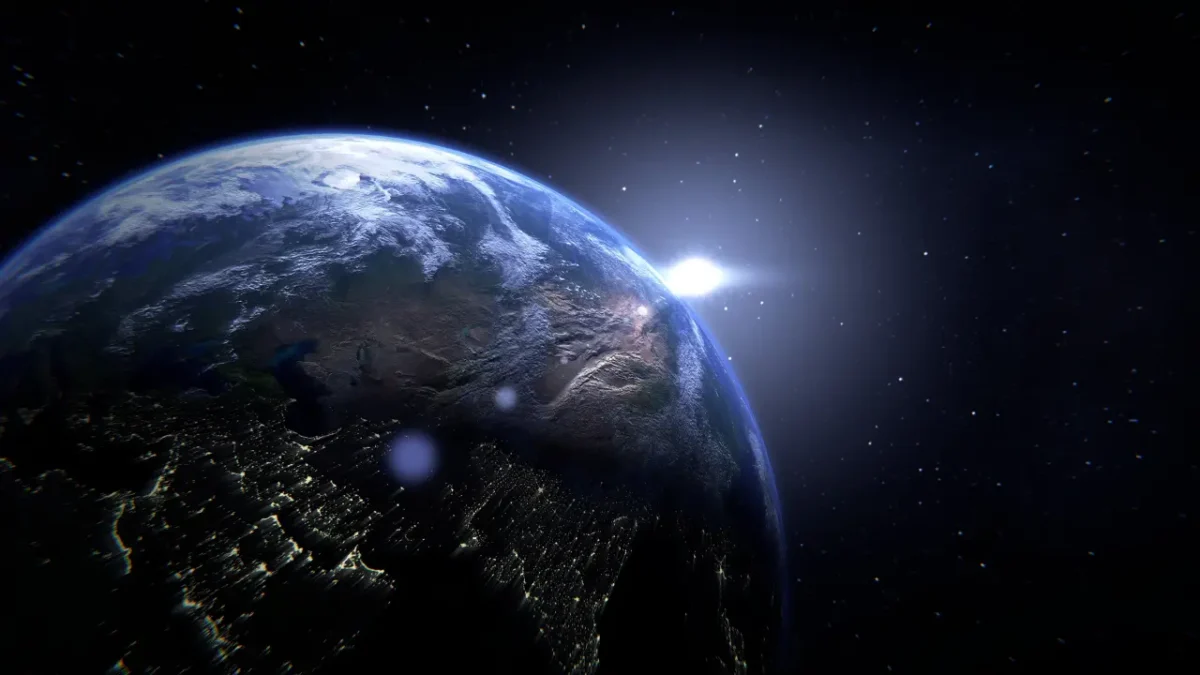Imagine waking up to find your day is ever so slightly shorter – not because you hit snooze, but because Earth itself decided to spin a bit faster. That’s exactly what’s happening this summer. On July 9, as well as July 22 and August 5, our planet will rotate just a little quicker, shaving off about 1.3 to 1.5 milliseconds from each of these days.
A millisecond might not seem significant – it’s only one-thousandth of a second, far quicker than an eyeblink. But for atomic clocks, which track time so precisely that they gain or lose only a second every 100 million years, these tiny shifts matter greatly. Such precise timing is crucial for GPS, telecommunications, satellite operations, and even national defence systems.
Last year, July 5 became the shortest day ever recorded when Earth completed its spin 1.66 milliseconds faster than usual. Back in June 2022, the day was shortened by 1.59 milliseconds. However, this summer is particularly unusual, as multiple shorter days are occurring within weeks, sparking questions about what’s driving this sudden acceleration.
One reason is also believed to be the moon. Actually, the moon’s orbit around the earth is not circular but elliptical, due to which its distance keeps changing continuously. When the moon is farthest from the earth, which is called apogee, then its gravitational force decreases and usually this slows down the speed of the earth’s rotation. But this time the opposite is happening. The earth is rotating faster even at the time of apogee. The reason for this is the inclination of the moon’s orbit, which is inclined between 18° to 28° compared to the earth’s equator. When this inclination is more, like it is at this time, the gravitational force of the moon makes the earth’s rotation faster instead of slowing it down.
Earthquakes also affect the speed of the earth’s rotation. In 2005, for instance, a powerful earthquake in Indonesia caused Earth’s mass to move a bit towards the east, resulting in the day becoming 2.68 microseconds shorter. However, at present no such major earthquake has occurred, which can explain the reduction of milliseconds in this summer.
Does climate change affect Earth’s rotation?
Climate change also affects Earth’s rotation, but it usually slows it down. Research by NASA shows that melting glaciers have shifted Earth’s axis by about 30 feet since 2000, slowing Earth’s rotation by about 1.33 milliseconds per century. Rising sea levels and a warming atmosphere also slightly increase Earth’s girth, slowing Earth’s rotation. Even in the spring, when trees start to leaf out, mass shifts upward and slightly changes Earth’s rotation speed.
